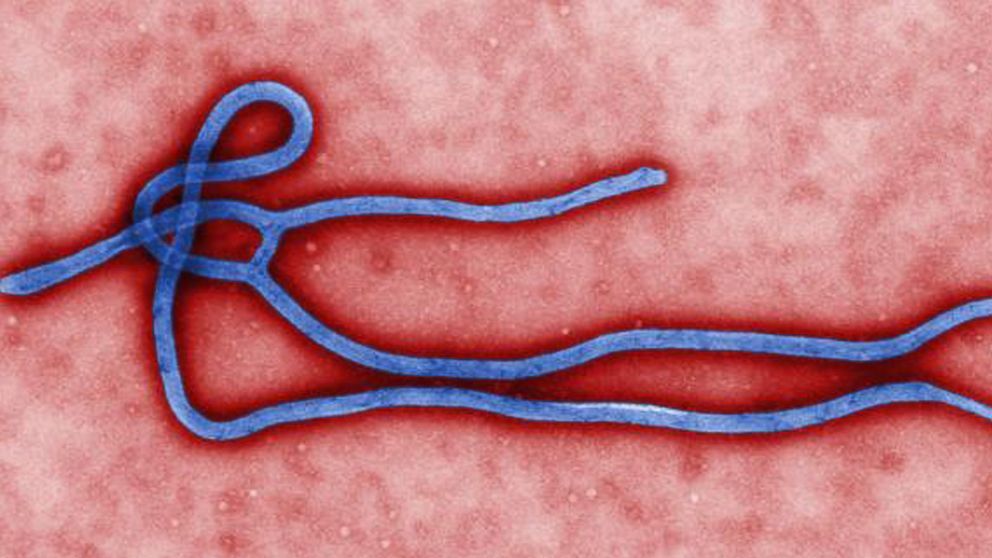While I took some downtime for my birthday major things were going on in the world that I missed. One of these events surrounds some major developments regarding the containment of Ebloa or the lack there of.
Though current reports still suggest that the current Ebola Virus is not airborne, it is highly contagious requiring close contact to infected persons, bodies and other objects that have been contaminated with another infected persons bodily fluids.
With this being the case – the current Ebola Virus Epidemic IS spreading out of control and unchecked in parts of West Africa. The most significant development that came to light on August 11, 2014 is that WHO Confirms that patients in fact ARE being turned away from overflowing and taxed medical facilities.
With this situation remaining unchecked, it will only be a matter of time before he virus spreads to other parts of Africa, the Mid-East, and potentially to Europe and the U.S.
More. Far more needs to be done as a global community to control the spread of infection.
Here is a brief excerpt from the WHO Report on Barriers to rapid containment of the Ebola Outbreak:
Lack of capacity makes infection control difficult
This lack of capacity makes standard containment measures, such as early detection and isolation of cases, contact tracing and monitoring, and rigorous procedures for infection control, difficult to implement. Though no vaccine and no proven curative treatment exist, implementation of these measures has successfully brought previous Ebola outbreaks under control.
The recent surge in the number of cases has stretched all capacities to the breaking point. Supplies of personal protective equipment and disinfectants are inadequate. The outbreak continues to outstrip diagnostic capacity, delaying the confirmation or exclusion of cases and impeding contact tracing.
Diagnostic capacity is especially important as the early symptoms of Ebola virus disease mimic those of many other diseases commonly seen in this region, including malaria, typhoid fever, and Lassa fever.
Some treatment facilities are overflowing; all beds are occupied and patients are being turned away. Many facilities lack reliable supplies of electricity and running water. Aid organizations, including Médecins Sans Frontières (Doctors without Borders), which has provided the mainstay of clinical care, are exhausted.
If controls are not put in place soon (and it may be to late already) - the potential for a global crisis increases rapidly.
